Are Blue Light Glasses Covered by Insurance?

Blue light glasses may be covered by insurance. However, coverage can vary depending on your plan and your specific circumstances.
Some plans may cover the cost of blue light glasses if they are prescribed by a doctor for a certain medical condition, like computer vision syndrome or other vision-related issues.
However, it is important to note that coverage can vary and it is best to consult with your insurance provider to determine whether these glasses are covered under your plan.
How to Know if Blue Light Glasses are Covered by Insurance?
If you are interested in purchasing blue light glasses and want to determine whether they are covered by your insurance, you can contact your insurance provider directly to ask about coverage.
You may need to provide your insurance provider with information such as your policy number and the specific type of blue light glasses you are interested in purchasing.
Your insurance provider should be able to tell you whether the glasses are covered under your plan, and if so, what your out-of-pocket costs may be. In most cases, they are not.
Read: Do Sunglasses Block Blue Light?
Why Should You Wear Blue Light Glasses?
They are helpful if you use digital technology frequently. These glasses can maintain your eye health as they block out blue light from your devices. They have a protective surface on the lenses.
It’s normal to expose yourself to blue light from the sun. However, blue light on digital screens can cause insomnia, headaches, eye strain, and even blurred vision.
Although further studies are needed to verify their benefits, you should still consider blue light filter glasses when working on your computer or scrolling on your phone.
Are Blue Light Glasses Expensive?
No, they are an inexpensive pair of glasses. Despite their low cost, they help alleviate your eye strain especially if your job requires you to be in front of your monitor for more than 8 hours each day.
There are several self-help strategies to manage or even eliminate symptoms of blue light exposure, including limiting your screen use, wearing protective glasses while watching TV, using red lighters for burning things such as candles and avoiding sun exposure during times you normally would be exposed to it like around noon or in the early evening.
Research suggests that some people may actually need to be screened for sleep apnea more frequently than they were before this condition was identified, because of their frequent head movements while sleeping. People with sleep apnea have pauses in breathing when they sleep, which can cause excessive oxygen depletion and sometimes morning headaches.
Because both blue light exposure and sleep apnea can impair sleep, these individuals might require additional sleep at night to restore normal sleep. (They could also benefit from continuous positive airway pressure (CPAP) therapy, where an apparatus filters out part of the air you breathe through a mask that you wear.
Avoiding blue light
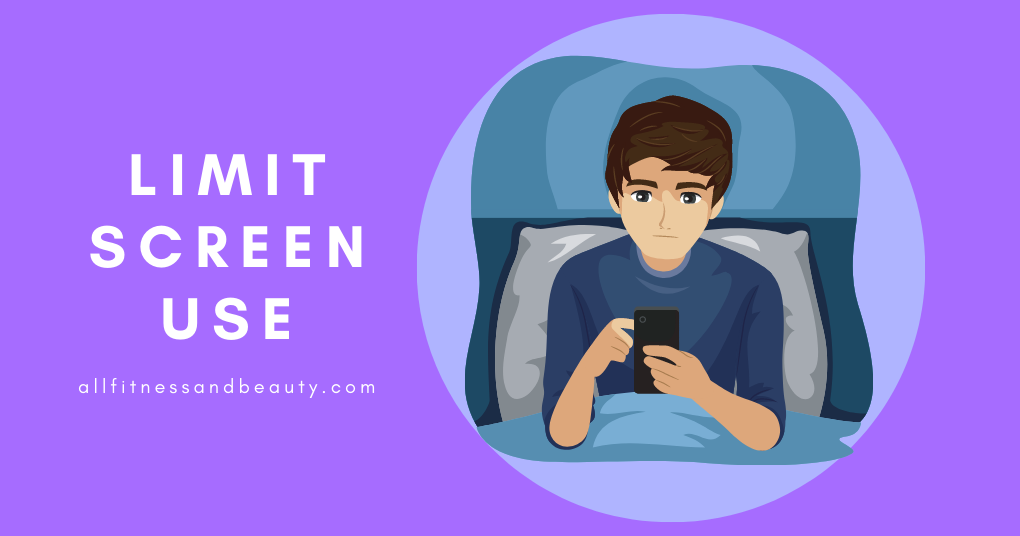
As mentioned before, your body produces some of its own natural red and orange shades to help regulate blood flow and sleep-wake cycles.
These internal photoreceptors give you color in night vision and help regulate circadian rhythms, so they play an important role in wellness.
However, as technology has advanced, our exposure to these photoreceptors is much higher now than it was generations ago. This may cause more issues for people with eye conditions like AMD.
People who work nights or live near bright lights can experience symptoms similar to dry eyes due to overexposure to photoreceptor-damaging blue light.
This includes using smartphones or computer screens at nighttime, watching TV late into the evening, and staying up late because you have to get up early the next day.
If you notice that your eyes feel tired or scratchy after sleeping, spending time outside during daylight hours, or experiencing frequent colds or flu, then limiting how long you expose yourself to blue light could be helpful.
There are several strategies to do this, such as wearing sunglasses or blue light glasses while working, avoiding screen use right before bed, and leaving bedroom lighting low enough so you don’t need to turn it on when getting ready for sleep.
Find out here if it’s safe to wear blue light blocking glasses all day.
Take a break from your phone screen
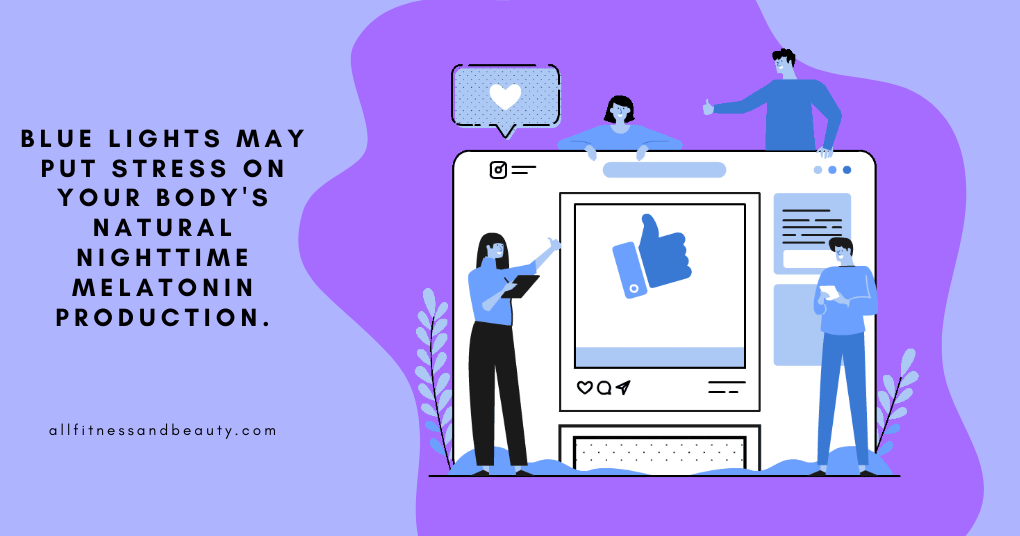
Recent studies suggest that checking e-mail, browsing the web, and other activities with screens like phones and laptops can pose health risks in very small amounts.
They call this effect “screen overload” or “digital overuse.” The NHS recommends limiting yourself to one hour of media use per day (for most people).
But what kind of media you watch is just as important as how long you spend watching it.
Blue lights are an increasingly common cause for concern about digital overuse. They occur when light-emitting diodes (LEDs) used for smartphone displays work too well.
These LEDs emit blue wavelengths similar to those found in computer monitors and fluorescent lighting. This may put stress on your body’s natural nighttime melatonin production.
Nighttime sleep is essential for overall well-being including mood and physical performance. Lack of sleep caused by LED exposure can also contribute to weight gain due to poor digestion and function.
Wear the Right Pair of Blue Light glasses
Blue light glasses are designed to block or filter out blue light, which is a type of light that is emitted by electronic screens such as computers, smartphones, and televisions.
Blue light has a shorter wavelength and higher energy compared to other types of light, and it is thought to have several effects on the body. Some studies have suggested that exposure to blue light can affect sleep patterns, cause eye strain, and potentially contribute to the development of certain eye diseases.
Wearing blue light glasses can help to reduce the amount of blue light that reaches your eyes, which may help to alleviate some of the negative effects of blue light exposure.
Some people find that blue light glasses help to reduce eye strain and improve sleep quality, while others may find that they help to reduce the risk of developing certain eye conditions.
It is worth noting that the benefits of blue light glasses may vary from person to person and more research is needed to fully understand their effects.
Before you invest in these glasses, make sure to consult with your ophthalmologist. It can be that your symptoms do not result from blue light exposure. They could be something else.
How to Buy Blue Light Glasses?
Blue light glasses may be covered by insurance. However, you need to ask your insurer about it. Also, you may not need your insurance to purchase it for you considering the affordable price tag of these glasses, especially if you buy them here.

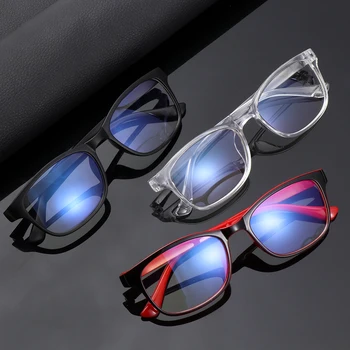
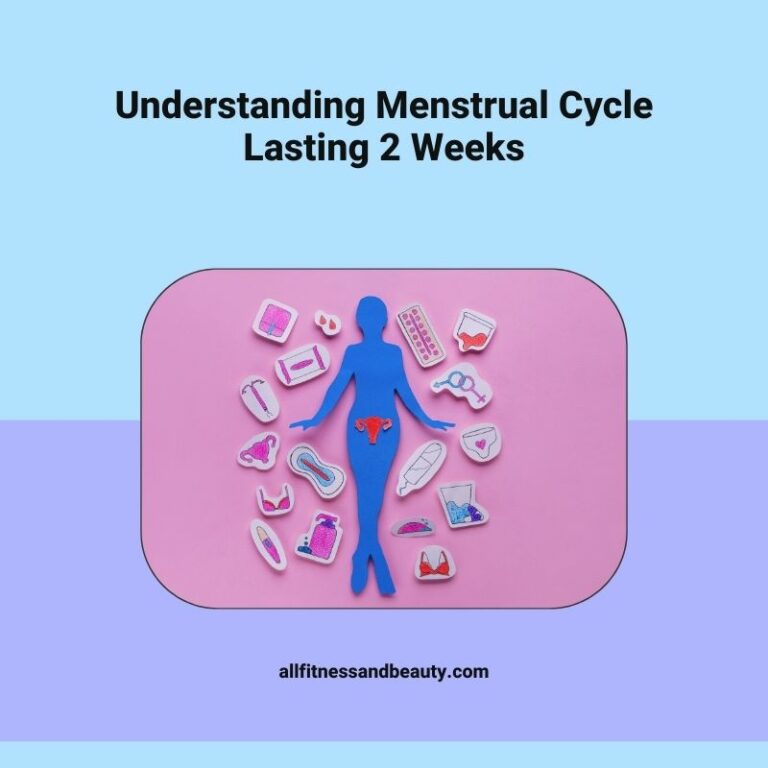
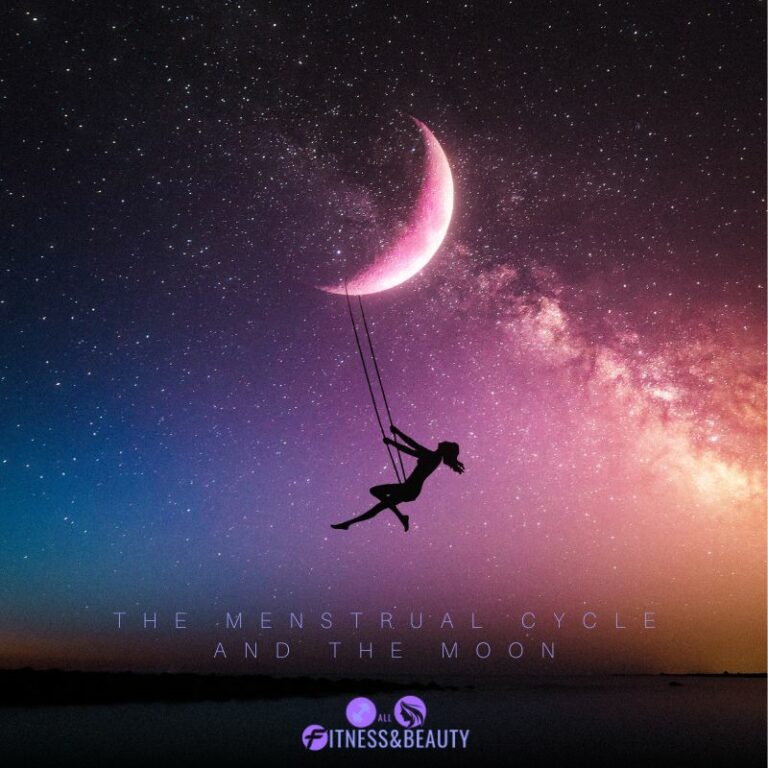

Leave a comment